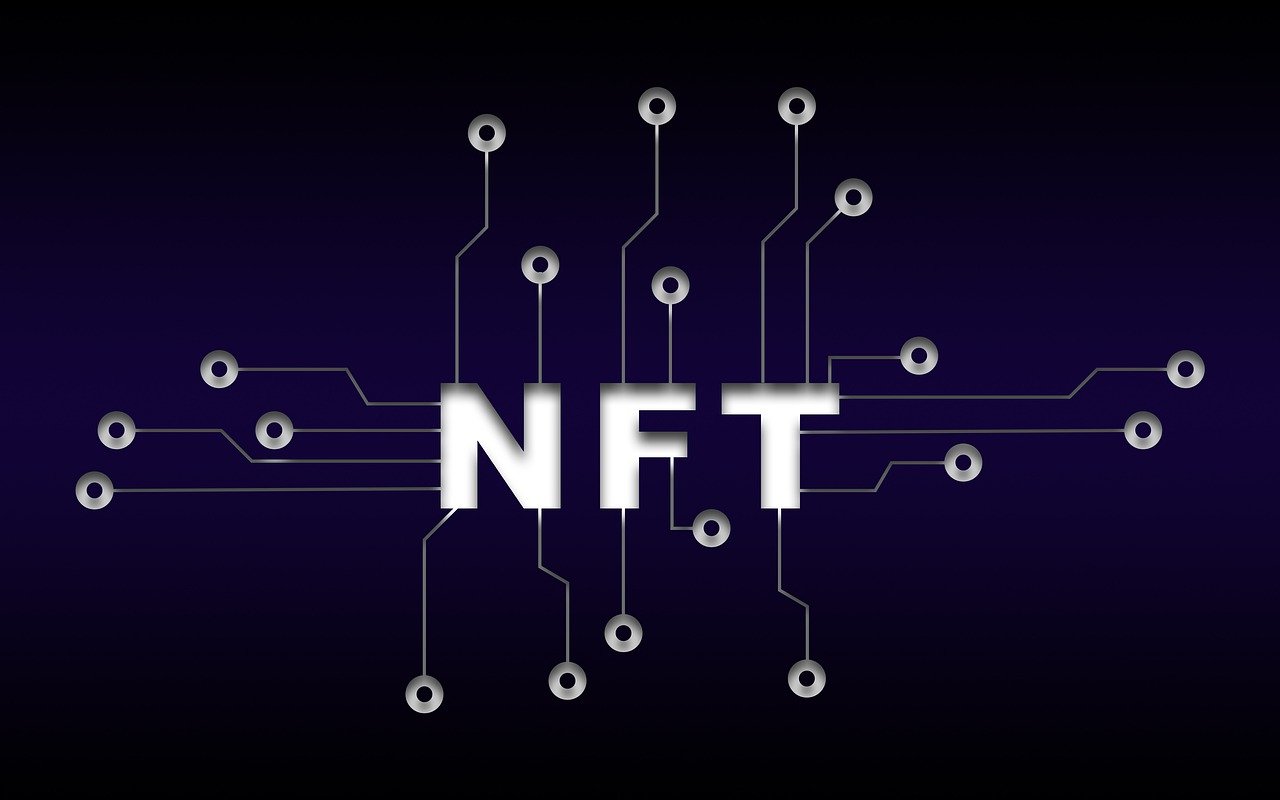NFT-related complaints on the rise in China, consumer watchdog says
China’s leading consumer watchdog, the State Administration for Market Regulation, released a new report indicating an increase in consumer complaints related to non-fungible tokens (NFT) in 2022.
The report ranged from criminal acts involving price manipulation, failure to receive products after making payments, and benign issues such as high transaction fees and refund challenges. The regulator’s report serves as a precursor to World Consumer Rights Day, designed to raise awareness of consumer protection.
According to the Chinese regulator, the number of NFT-related complaints increased by an astronomical 30,000% to 59,700 separate complaints in 2022. In 2021, the regulator recorded only 198 complaints related to digital collectibles, with the numbers almost non-existent in 2020.
Several reasons have been offered to explain the increase in the number of NFT-related complaints in China, including the self-regulatory nature of the local industry. Without government control, the Chinese NFT market is governed by a coalition of technology giants united in their stance against the practice of secondary trading.
Since Chinese authorities imposed a blanket ban on digital currencies in the country, the local NFT market has grown by leaps and bounds without any restrictive regulation. Considered a gray area, some policymakers have voiced their concerns over the sector, while others are keen to harness the economic potential of digital collectibles.
Chinese MP Feng Qiya is keen to establish a semblance of regulatory control over the industry by making NFTs a main topic of discussion at the country’s main political gathering called the Two Sessions. Feng’s proposal longs for the nationwide ban on the “financing and securitization” of NFTs.
The latest moves come at a time when Huanhe, the NFT marketplace of Tencent Holdings (NASDAQ: TCTZF ), is closing the curtains on its services following internal turmoil. Other Chinese NFT firms are migrating to Hong Kong and other jurisdictions in search of regulatory clarity to innovate and offer services to new clients.
Unsafe, but still protected by law
A recent ruling by the Hangzhou Internet Court stated that digital collectibles in China may benefit from protection under existing property laws, given their value, scarcity, tradability and controllability.
“NFTs condense the creator’s original expression of art and have the value of related intellectual property rights,” the court said.
By virtue of the court’s decision, legal pundits have argued that digital collectibles can be considered virtual assets, a decision that will set a precedent for other courts with the same jurisdiction.
See: Buzzmint Elevating NFTs
width=”562″ height=”315″ frameborder=”0″ allowfullscreen=”allowfullscreen”>
New to Bitcoin? Check out CoinGeeks Bitcoin for beginners section, the ultimate resource guide for learning more about Bitcoin – as originally envisioned by Satoshi Nakamoto – and blockchain.


